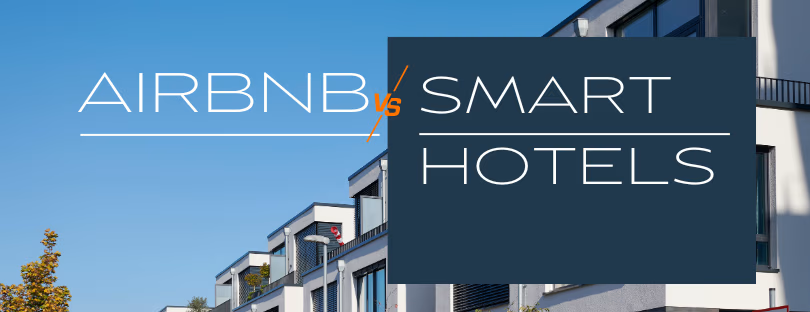Alertify
2M
114

Image Credit: Alertify
Airbnb vs Smart Hotels: Which Wins on Tech?
- The tech battle between Airbnb and Smart Hotels revolves around the check-in experience, room control, connectivity, the human touch, sustainability, and personalization.
- Airbnb relies on individual hosts for tech upgrades like smart locks, while Smart Hotels offer standardized check-in experiences via apps and digital keys.
- In room control, Airbnb varies from basic amenities to full smart home setups, while Smart Hotels impress with centralized control panels and AI-powered assistants.
- Smart Hotels provide consistent connectivity features like fast Wi-Fi and personalized entertainment options, whereas Airbnb's offerings can be hit-or-miss.
- While Airbnb focuses on the human touch with personalization and local experience, Smart Hotels excel in blending hospitality and tech for efficient services.
- Smart Hotels lead in sustainability efforts with eco-friendly features and energy-efficient practices compared to Airbnb, which depends on individual hosts for such initiatives.
- Airbnb stands out for its customization and unique accommodation options, while Smart Hotels are catching up with personalized preferences and high-tech amenities.
- In summary, Smart Hotels win for consistency and efficiency, while Airbnb wins for uniqueness and potential personalization.
- Ultimately, the choice between tech-forward hotels and next-gen Airbnbs depends on individual preferences for seamless experiences or personalized charm.
- The future may see a blend of both models to offer the best of both worlds to travelers.
- The evolving hospitality landscape suggests a variety of tech perks for travelers to enjoy, whether they opt for Airbnb or Smart Hotels.
Read Full Article
6 Likes
For uninterrupted reading, download the app